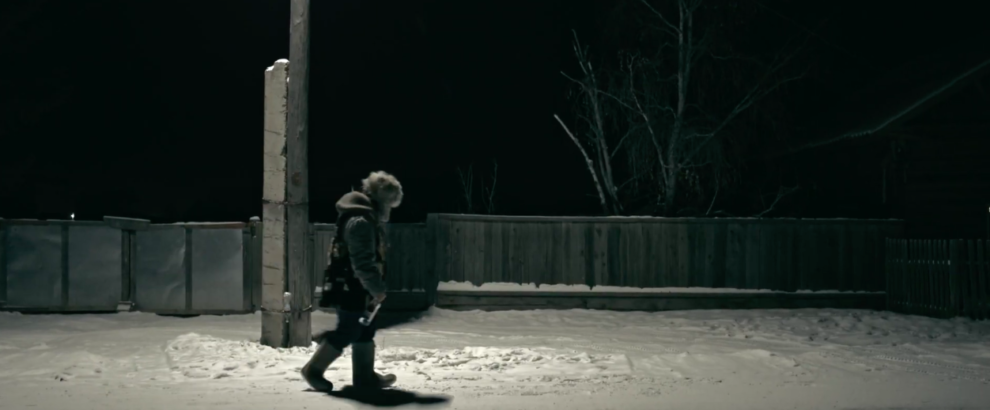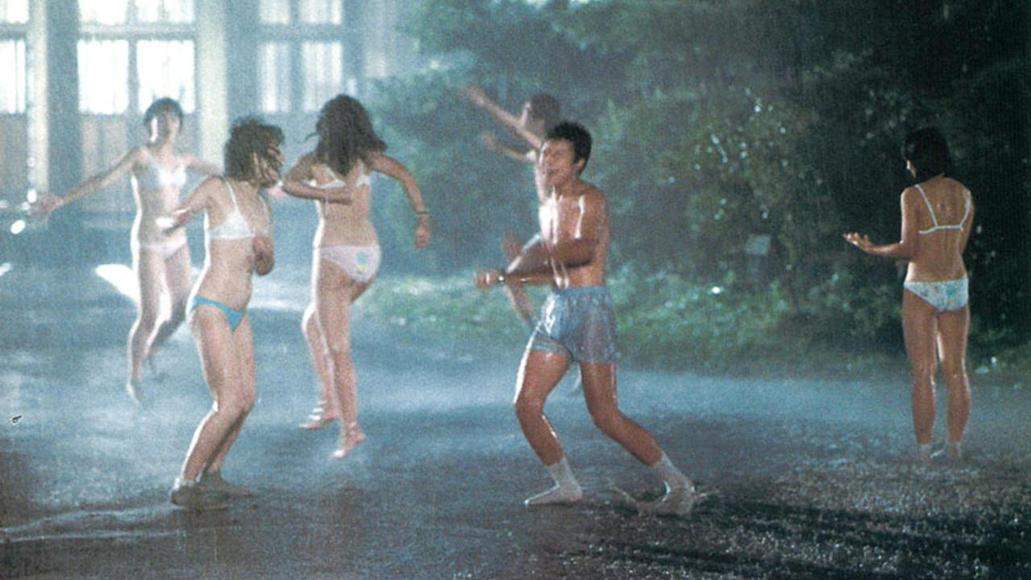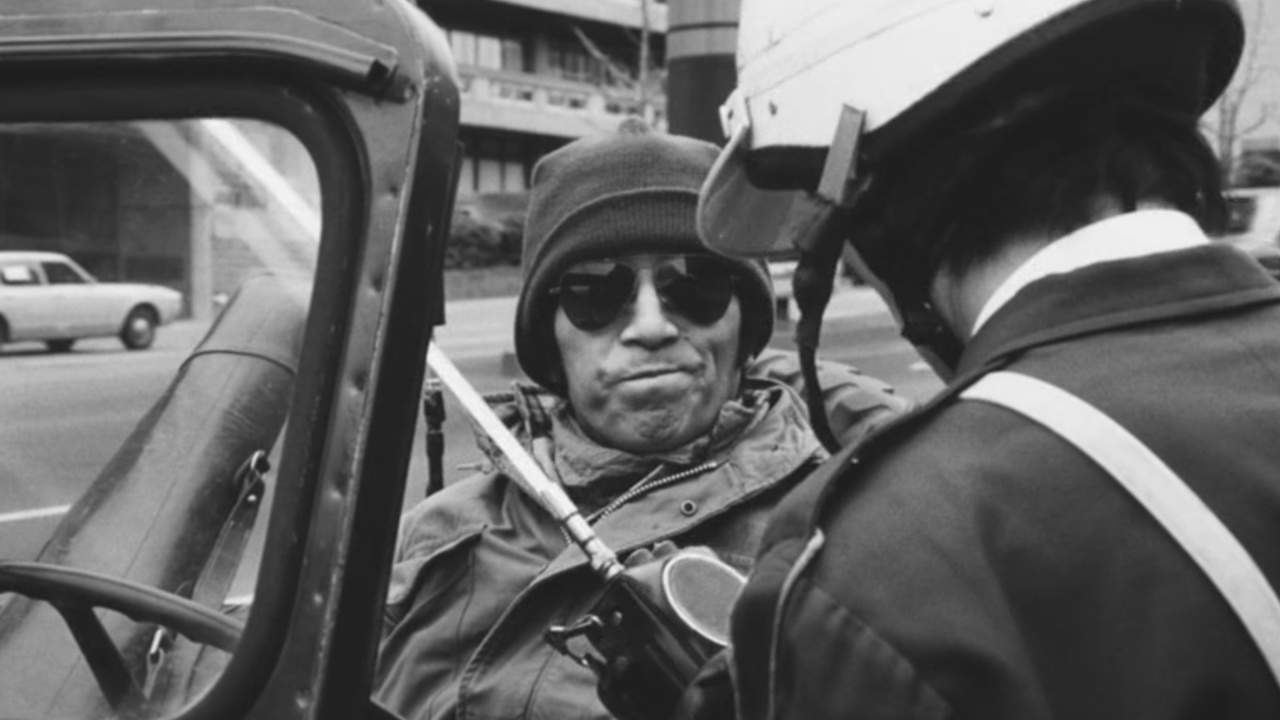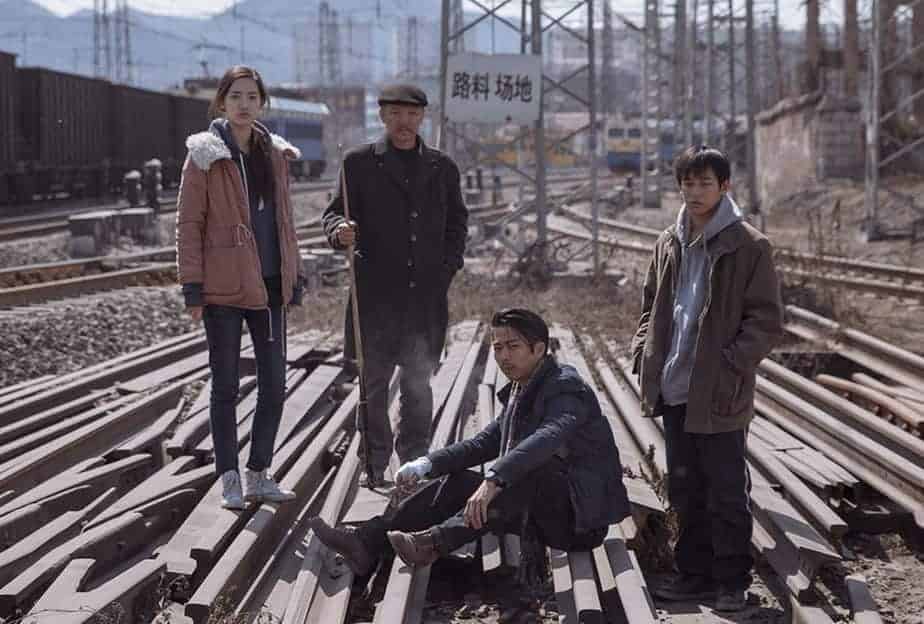Dmitry Davidov's “Scarecrow” is a microbudget supernatural drama shot in the northernmost parts of the Russian Federation, the Republic of Sakha (Yakutia). It is the first Yakutia film to have won an award for a best film at the Kinotaur Festival.
The Scarecrow (Valentina Romanova-Chyskyyrai) is a traditional healer from a small village somewhere in Yakutia. Though hated by all other villagers, often times they have to resort to her to her supernatural powers when there is no other way. After each and every violent encounter, she pukes the vile black sickness and washes the horror away with vodka.
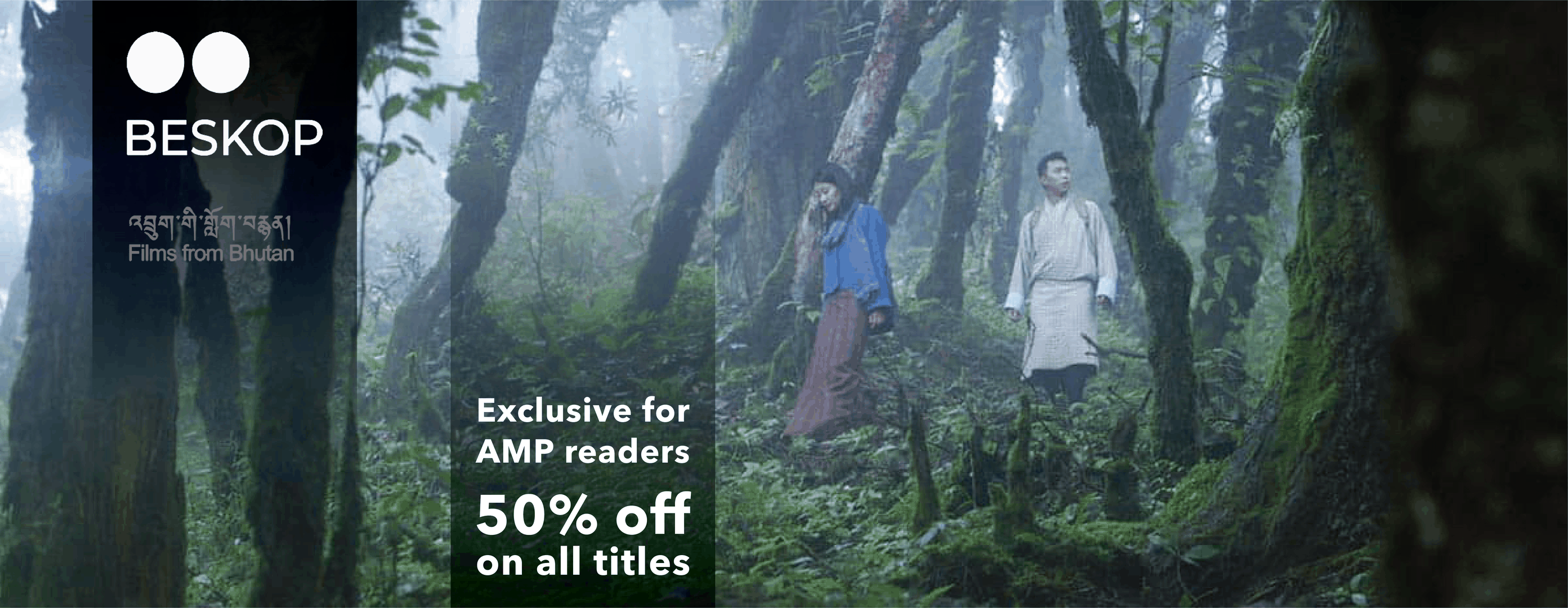
Dmitry Davidov takes a horror movie premise and creates out of it an intense human drama with just a twist of supernatural. The Scarecrow is a healer that seems to cure people through what are alluded to be intensely physical and violent acts, even possibly sexual ones (this is never shown on screen), but the director's focus doesn't lie here. It lies on her humanity, because she is first and foremost a person. A lonely, ostracized, oftentimes bullied, and even beaten human being that seems to be unwanted wherever she is. That is, until any of the members of her small community needs her help and she is treated with a fear rather than hatred. And yet, she continues to live her life in her dilapidated and sometimes vandalized small house, cutting wood, drinking vodka, and trying to find someone from her past. While many directors might have chosen the easy path and shown the Scarecrow as a person that needs the viewer's pity, Davidov paints her as a strong and even dignified individual.
Valentina Romanova-Chyskyyrai is simply riveting as the eponymous traditional hear and outcast. She is quietly intense, detached, yet confrontational and foulmouthed alcoholic, but at the same time a quiet stoic that is full of sorrow. Though she doesn't say much thorough the entire runtime and none of the actual healing procedures are shown on screen, we still manage to feel the despair the character feels from a disturbing job that no one else is able to do. Together with that reluctance and detachment, her eyes show an intense emotional turmoil that seems to be both because of something from her past, but also the undoubtedly chilling things she has had to experience while practicing her art.
The complex intertwining of dignity and despair found in Davidov's direction and Valentina Romanova-Chyskyyrai's subtly haunting portrayal of the eponymous character is further amplified by Ivan Semenov's superb camerawork. The bluish color palette is muted almost to the point of different hues blending one into the other, while many of the outdoor scenes are shot in extreme long shot. This results in Scarecrow oftentimes almost blending into the natural environment both showing her liminality, neither belonging fully to society, nor to the natural world, but also as a way to show man's smallness in comparison to nature, especially the imposing vastness of the freezing subzero temperatures Yakutia tundra. And if the uninviting sense of the nature shown through Semenov's lens was not enough, the feeling of immense cold is made even more apparent through the sound design which amplifies each and every step on the frozen ground almost to the point of the sound distorting. This, coupled with the rather sparse use of music, gives an overwhelming audiovisual representation of the lack of belonging that Scarecrow experiences internally. Sadly, the experience is sometimes broken through questionable indoor camera angles, such as the one from under a chair in the scene when the healer tends to her wound.
“Scarecrow” is a brilliant example of the current golden age of Sakha cinema. A complex and at times polarizing film about loneliness, belonging, and trying to discard the past, Dmitry Davidov's award-winning feature is a worthy watch for every cinema enthusiast.


